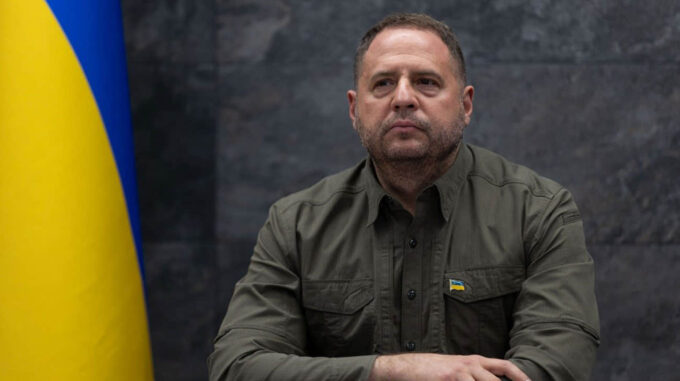If Vladimir Putin refuses to come to Turkey for negotiations, it will serve as yet another signal that the Kremlin intends to ignore the possibility of a peaceful settlement of the conflict

This was clearly stated by Andriy Yermak, Head of the Office of the President of Ukraine, during an online participation in the Copenhagen Democracy Summit 2025. According to him, a refusal by the Russian leader to engage in talks with Turkey will be a complete confirmation that Moscow does not seek peace and is not inclined to make any compromises in this war. Yermak emphasized that Russia has not yet provided an official response regarding Putin's participation in the planned negotiations in Turkey. At the same time, Kyiv has already confirmed its readiness and desire to engage in diplomatic talks — President Volodymyr Zelensky has confirmed his participation and announced his presence in Turkey. This highlights a divergence in the positions of the two sides: while the Russian side is hesitant with caution, Ukrainian high-ranking officials are committed to dialogue and insist on a peaceful resolution. Yermak underscored that the global community must take the possibility of Russia refusing to negotiate seriously. If Moscow persists in its stance, a firm response from the United States and other global players will be necessary. In his view, this should manifest in increased sanctions pressure on Russia and a boost in military aid to Ukraine. An important element in safeguarding Ukrainian security, he stated, is the training and preparation of the Ukrainian Armed Forces, which, in his words, is the most effective guarantee of maintaining the sovereignty and integrity of the state. Yermak also reported that active negotiations are ongoing regarding the conclusion of new agreements — notably, plans are underway to sign accords with the United States concerning the supply of mineral resources, which should become a key element of Ukraine’s future security assurance system. According to the official, this will act as a deterrent against any aggressive intentions from Russia. The background to this situation was a recent statement by Turkish President Recep Tayyip Erdoğan. He confirmed to President Volodymyr Zelensky his readiness to organize a direct video conference or face-to-face talks between Ukraine and Russia. According to media reports, European leaders are already discussing the possibility of waiting for such a meeting in Turkey to potentially avoid escalation and to accelerate the diplomatic process. Meanwhile, the attention of the global community is focused on the prospects that such a meeting could serve as a basis for new sanctions against Moscow or for intensifying military support for Kyiv. Thus, the situation surrounding the possible visit of Putin to Turkey is at a critical stage. Differing positions between the sides increasingly make it clear: for Ukraine, the main priority remains maintaining high levels of international support and working toward long-term security guarantees to prevent any escalation scenarios. Participants in international diplomacy note that Russia’s refusal to negotiations would signify a fundamental rejection of peaceful solutions by Moscow — and that the international community now faces the task of acting decisively and consistently, supporting Ukraine and its right to security and sovereignty.

